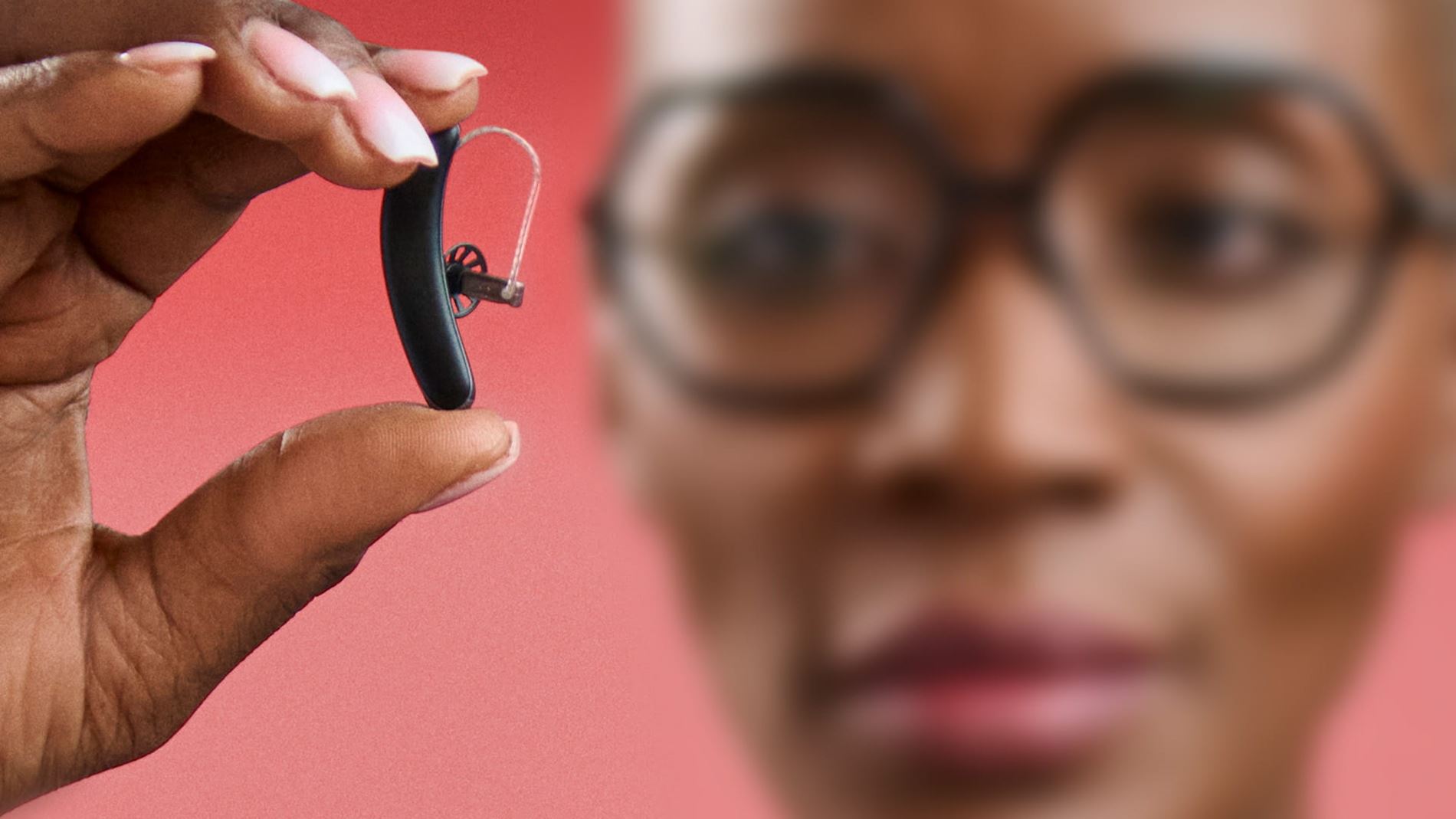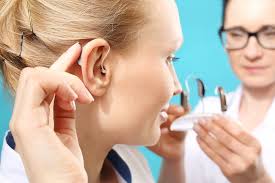Struggling with Ringing (Tinnitus)?
Tinnitus is the perception of sound without an external source. Commonly described as buzzing, ringing, or hissing, it can affect concentration, sleep, & emotional wellbeing. At EliteListen, we provide tinnitus-support hearing aids, sound therapy solutions, and expert guidance.
- Designed for tinnitus relief with sound masking and amplification
- Trusted tinnitus therapy programs (TRT, CBT, Notch Therapy)
- Trial available at our Gurgaon centre



-1.webp)